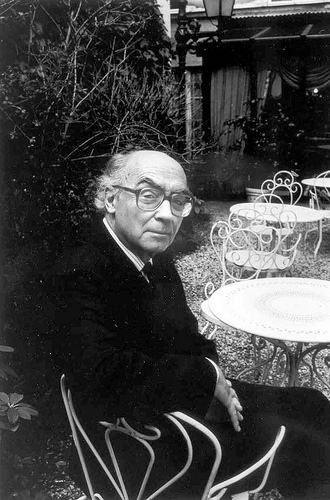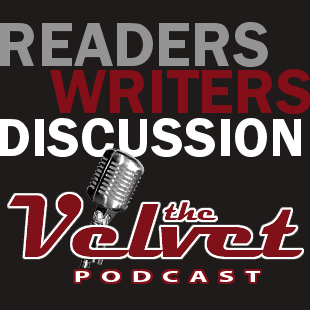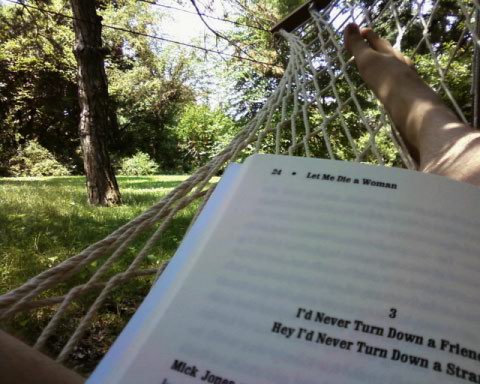 I can’t claim to be a master o’ the written word, but I can pretend to be one. With that in mind, I am compelled to push forward any writing-related knowledge I may have in hopes that you too can promote a false sense of superiority.
Today’s lesson: Writing has two ways to keep you grounded in your story, or “anchors,” as I will call them.
I can’t claim to be a master o’ the written word, but I can pretend to be one. With that in mind, I am compelled to push forward any writing-related knowledge I may have in hopes that you too can promote a false sense of superiority.
Today’s lesson: Writing has two ways to keep you grounded in your story, or “anchors,” as I will call them.
- The words you've already put down
- The words you have yet to put down
Greg topped his tank for what he knew would be the last time in many miles, days, perhaps even weeks.Then I already have a wealth of information to use as I continue the story. Writer's block be damned. Here I can explore who Greg is, why he is traveling, why it will be the last time for a while, what kind of car does he drive, whose car is it, and so on. This advice seems obvious doesn't it? Because it is. So many times we simply fail to recognize the simple things. Keeping this bank in mind can literally help sprout a full story from a single, random line. The second anchor is a reference to story outlines. I am a strong proponent for outlining a story. The concept is scary to many writers, as it implies the structured tiered outline forced upon us in middle school. But, an outline can be something as simple as a numbered list of plot points. The goal is to simply know your general direction so that you are never daunted by infinite possibilities. Believe it or not, restriction is important when writing. The goal isn't to open you mind to infinite ideas; the goal is to tame those ideas down to a manageable level. I think it is Max Barry who compares this second anchor to a car’s headlights (if anyone knows the source for sure, please let me know in the comments below). One should write with only a few future plot points in mind, basically the distance that a car’s headlights reach. I agree with this. The headlights allow a story to move in a visible direction while at the same time not allowing the story to wander off the road. Now, tell your friends that I am a genius.





